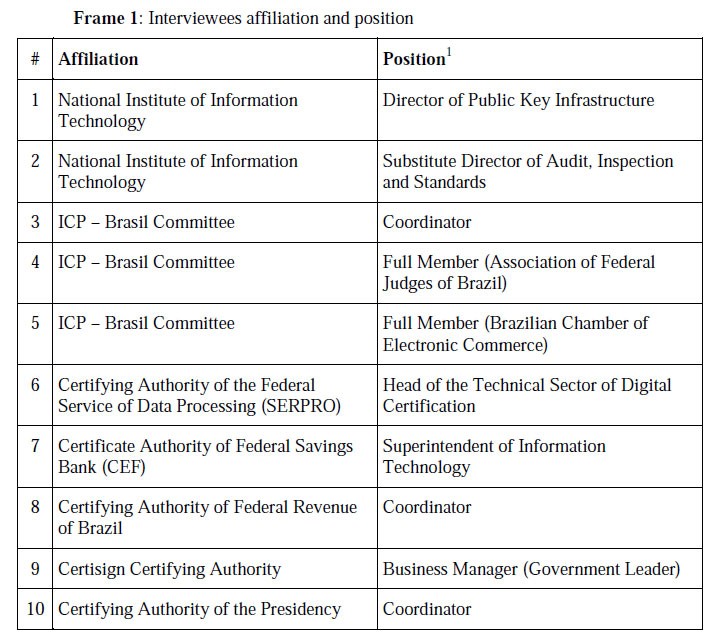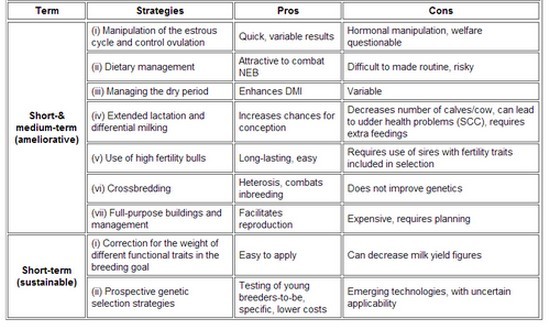Pros Cons of Globalization
Post on: 15 Август, 2015 No Comment

Pros & Cons of Globalization
Globalization refers to the increase in international trade & commerce amongst the different countries, through the reduction of geographic barriers. With the rapid innovation of smart technology, there has been a rapid increase in trade & economic activities all around the globe in the recent times. There is a free flow of goods, capital, services and labour throughout the world map. Globalization has created a worldwide market, where companies or consumers can buy or sell products from different countries.
Pros Globalization has made the world a smaller place. International travel is more frequent. In todays global scenario, people are more connected to each other then ever before, since international communication is much more easier & cheaper. There is faster flow of information and money. Goods and services produced in one corner of the world are easily available in the other parts.
- All round Economic Development For the developed & developing economies, Globalization promotes global economic growth, creates job opportunities, creates competitive companies and prices. It has also created opportunities for the less developed countries giving them a chance to develop economically. Now there is more infusion of foreign interest, goods, capital and technology.
- Prosperous Trade and Business Because of the geographic distances closing in, corporate delegates are more in contact with the other companies worldwide. There is an increased flow of information & communication, thanks to the developed technology. The executives do not need to travel long distances to close a deal, it can be done easily by video conferencing through the internet. This has led to an uninterrupted growth in the trade & transactions between different countries.
- Increase in FDI Since todays people are more educated about the global events, they are clear about their investment options in different countries. Investors know about the growth opportunities lying in a particular country & are more inclined to invest their capital. Hence, there is an increase in Capital flow & Foreign Direct Investment to such developing economies.
- Movement of Work Force More & more skilled & unskilled labor are migrating to the developed economies, in the wake of increased job opportunities. The numbers almost doubled between the period 1965–90. Since cheap labor was available in the less developed countries, there was an increased demand from the developed economies.
- Advancement in technology & Dissemination of knowledge Information and technology exchange is an integral aspect of globalization. Adaption becomes easier if people are more acquainted with each others technological knowledge & work culture. Delegates are sent to other countries to learn more about such technological innovations & apply them in their own workplace. Developing and less developing countries have benefited the most from it.
- Cultural Intermingling — Each country has its own rich culture & heritage. In the globalized era, where people of one culture are mixing with people of other cultures, there is an opportunity to learn more about the other cultures be it their lifestyle, food, music or work culture. This has led to a One World concept.

Cons Though there are many benefits from Globalization. People are getting more jobs, times are faster, there is more easy & effective communication & technological advancements. But still its disadvantages cannot be totally ruled out.
- Business process outsourcing With the rising job opportunities globally & availability of cheaper workforce in developing & less developed economies, there is a new trend of business process outsourcing. Though this phenomenon has contributed vitally in poverty alleviation, promoting the GDP growth and employment generation in low cost locations, it has also led to loss of some service-sector jobs in the developed countries.
- Job Insecurity due to outsourcing to cheaper locations like India, many service industries high paying jobs like that of accountants, scientists, programmers, customer support, marketing, insurance, editors have been lost in the home countries. There is an increased loss in financial jobs too. This has led to a feeling of insecurities amongst the professional people & has even forced them to take lower paying service job. Prior to globalization, people had stable, permanent jobs. Now people live in constant fear of losing their jobs because of outsourcing.
- Income inequality Globalization increased income inequality, both between and within nations. Globalization has a tendency to make the rich, richer & the poor, poorer. It has worked magic for those with a good education background, but has very little to offer for the low wage jobs.
- Brain drain Increased masses from the less developed economies are attracted towards the great opportunities in rich countries, which has led to brain drain. This has greatly affected the poor countries a lot. Since there is an increased ratio of skilled labor moving outside, the adequate quality of workers needed in their own hometowns is constantly declining. As a consequence of which these countries would be required to import labor and that would not be economically feasible.
- Working conditions The working conditions are not very favorable in some of the developing countries. They do not provide adequate labor protection. Their labor policies are not in favor of the workers. Examples could be the use child labor or inadequate wages or the working environment may not be good.
- Illegal trade & Drugs Due to globalization, there is an easy flow of goods & services worldwide. In this scenario there is also an increase in illegal business like those of drugs & other prohibited goods. To meet the rising demands, even such products are used as raw materials in which parts of plants and animals are used. Some also use of parts of endangered species such as tiger bones and claws, rhinoceros horns which has resulted in a black market of poachers who hunt restricted animals.
- Communicable Diseases Since the geographic boundaries have lost their meanings due to globalization, some diseases which are transferable have spread all around the globe. Deadly diseases like bird flu, swine flu etc. are being spread by travelers & reached the corners of the world. Any frequent traveler, who is infected by any such air-borne disease is more likely to spread it. Hence, there are increased chances of more such communicable diseases to travel at lightning speeds.
While the globalization of Services and Industry has been extensively dealt with,the Effects of Globalization of Agriculture has been ignored by the media and academia. One thing that is clear, is that it has contributed hugely to the Price Rise in Food. The cause of Food Inflation which has led to increased hunger and starvation in developing countries are the quite varied














